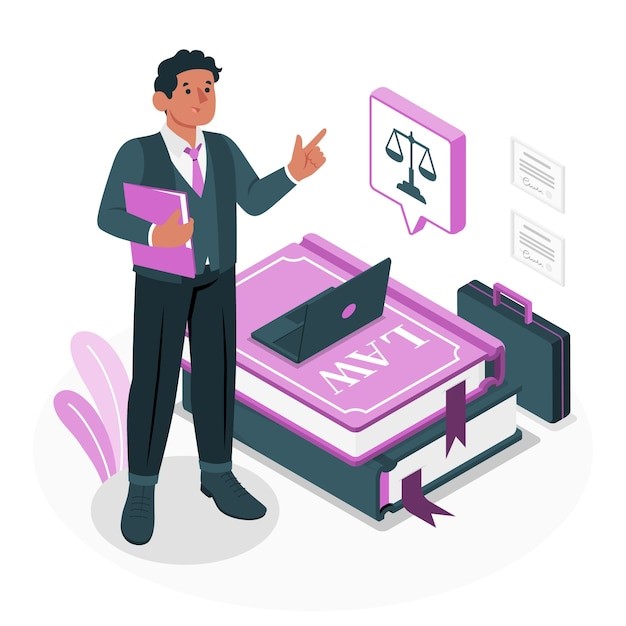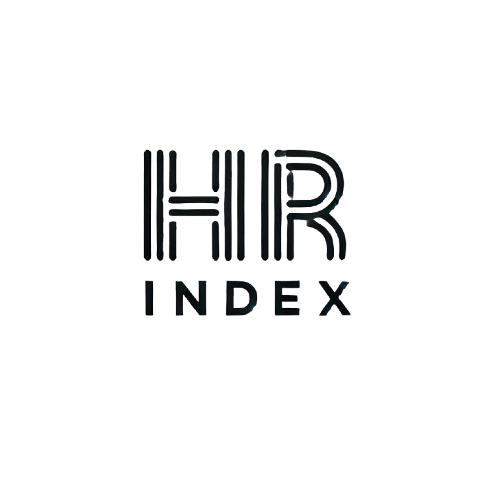As technology advances, the line between workplace oversight and personal privacy can often feel blurred. For employees in Ontario, California, understanding workplace privacy rights and the legal protections in place is essential. If you’re unsure about your rights or face challenges, consulting an employment attorney in Ontario, CA can help you navigate these complexities. This guide provides a clear, structured overview of what employers can and cannot do, California-specific laws, practical examples of privacy concerns, and actionable steps to take if your rights are violated.
Workplace Monitoring: An Overview
Employers often monitor employee activity to ensure productivity, protect sensitive data, and maintain compliance. Common forms of monitoring include:

Email and Internet Usage
Employers can monitor work emails and internet use on company-provided devices, provided they disclose this policy. Monitoring must be consistent with company policies and avoid infringing on protected employee activities.
Video Surveillance
Cameras in public areas like offices or parking lots are typically legal but must avoid private spaces such as restrooms or locker rooms. Employers must inform employees about the presence of cameras and the purpose of surveillance.
Phone Call Monitoring
California has strict laws governing the monitoring and recording of phone calls:
- Under California Penal Code §632, two-party consent is required to record or monitor conversations. Both the employer and the employee must be aware and agree to such monitoring.
- Employers may monitor work-related calls but cannot listen to or record personal calls, even on work phones, if those calls are clearly marked as personal. If an employer inadvertently intercepts a personal call, they must immediately stop listening.
For employees unsure about the scope of monitoring or experiencing potential violations, seeking advice from an employment law office in Ontario can provide clarity and actionable steps.
California Laws Protecting Workplace Privacy
California offers some of the strongest workplace privacy protections in the U.S., safeguarding employees against overreach. Key laws include:
California Constitution
The California Constitution explicitly provides a right to privacy, protecting employees from unreasonable workplace monitoring or data collection.
California Consumer Privacy Act (CCPA)
While primarily a consumer protection law, the CCPA extends to employee data. Under this law:
- Employers must disclose what personal data they collect and how it will be used.
- Employees have the right to request access to, or deletion of, their data.
Labor Code §980
Employers are prohibited from requesting access to personal social media accounts or requiring employees to share passwords.
Labor Code §432.3
Employers cannot inquire about or rely on salary history when making hiring decisions, further protecting personal privacy.
These laws ensure that employees in Ontario, CA, can navigate their work environments with a clear understanding of their rights. If you believe your employer is violating these protections, consulting an employment attorney in Ontario, CA is a wise first step.
Common Workplace Privacy Concerns
Even with robust laws in place, privacy concerns still arise in workplaces. Here are some of the most common scenarios employees may face:
Misuse of Personal Information
Employers may collect personal data, such as emergency contacts or medical information, but using it for unrelated purposes—such as marketing or non-work activities—is a violation of privacy laws.
Unauthorized Surveillance
Video monitoring in break rooms, restrooms, or other private spaces is strictly prohibited. Employers must ensure cameras are installed only in areas deemed appropriate and disclosed in policies.
Monitoring Personal Devices
Employers may regulate the use of personal devices for work purposes. However, they cannot access private messages, emails, or apps without employee consent.
For employees navigating these issues, contacting an employment law office in Ontario can help determine the appropriate course of action.
What to Do If Your Privacy Rights Are Violated
If you believe your privacy rights have been infringed, here’s a step-by-step guide to addressing the issue:
- Review Company Policies Check your employee handbook or workplace policies for information about monitoring practices. Employers are required to disclose what they monitor and why.
- Gather Evidence Document any incidents that suggest a violation, such as inappropriate surveillance, misuse of your data, or unauthorized access to personal devices.
- Raise Concerns Internally Bring the issue to your HR department or supervisor. Many concerns can be resolved through open communication, especially if the violation was unintentional.
- Consult an Employment Attorney If the issue persists or you face retaliation for raising concerns, contact an employment attorney in Ontario, CA. Legal professionals can evaluate your case, help you understand your rights, and recommend appropriate legal action.
- Explore Legal Remedies California’s labor laws allow employees to seek damages for privacy violations. An attorney can guide you through mediation, negotiation, or litigation to address your concerns effectively.
Conclusion: Empowering Your Privacy at Work
Your workplace privacy rights are essential to maintaining trust and security on the job. California’s robust legal protections ensure that employees in Ontario, CA, can confidently address concerns about workplace monitoring and data use. If you suspect a violation, consult a trusted employment attorney in Ontario, CA who can help you navigate the complexities of workplace laws and advocate for your rights.
Don’t leave your privacy to chance—empower yourself with knowledge and the support of an experienced employment law office in Ontario.
